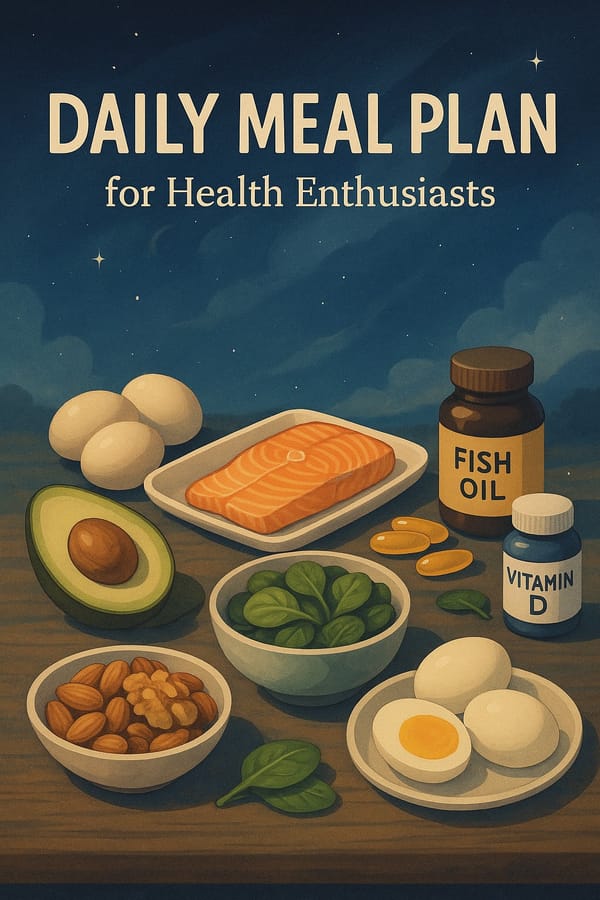Soft-Boiled Eggs and Onsen Eggs: Easy Tips for Maximum Nutrition

Introduction
Have you ever struggled to make the perfect soft-boiled egg only to end up with undercooked egg whites? It can be frustrating, especially when you're unsure if eating slightly raw egg whites is safe. Don't worry! Today, we’ll share tips for making soft-boiled and onsen eggs that are both delicious and safe, ensuring you enjoy all the nutritional benefits of eggs. Let’s dive into the secrets of creating eggs cooked to perfection!
Why Are Raw Egg Whites a Concern?
1. Impaired Nutrient Absorption
Raw egg whites contain a protein called avidin, which can bind to biotin (a vital B-vitamin), reducing your body’s ability to absorb it. While occasional consumption may not be harmful, frequent intake of raw egg whites could lead to a biotin deficiency over time.
2. Risk of Bacterial Contamination
Raw egg whites may harbor harmful bacteria like Salmonella, which can cause food poisoning. This is particularly concerning for individuals with weakened immune systems. Cooking eggs properly minimizes this risk and ensures safety.
How to Make Perfect Soft-Boiled Eggs
1. Choose Fresh Eggs
Fresh eggs have firmer whites, making them easier to cook perfectly. Check the expiration date or test freshness by placing the egg in water; fresh eggs sink while older ones float.
2. Control Water Temperature
Bring water to a boil, then turn off the heat and let it cool slightly. Place the eggs in the water for 5-7 minutes for soft-boiled eggs or 10-12 minutes for onsen eggs. The ideal temperature is around 70-75°C (158-167°F).
3. Use a Rice Cooker
Pour hot water into a rice cooker, add the eggs, and close the lid. Let them sit for 5-10 minutes. This method helps maintain consistent heat, ensuring evenly cooked eggs.
How to Make Perfect Onsen Eggs
1. Prepare Water at 70°C (158°F)
Boil water and let it cool to 70°C before placing the eggs in.
2. Soak for 10-12 Minutes
Leave the eggs in the warm water for 10-12 minutes. This creates a silky texture with slightly set whites and creamy yolks.
3. Submerge in Cold Water Immediately
After soaking, transfer the eggs to an ice-cold water bath for 1-2 minutes. This halts the cooking process, ensuring perfect texture and preventing overcooking.
4. Serve with Condiments
Onsen eggs pair beautifully with soy sauce, Japanese ponzu, or even a spicy Thai sauce for a local twist. Customize to your liking!
Benefits of Soft-Boiled and Onsen Eggs
1. High-Quality Protein
Soft-boiled eggs are an excellent source of high-quality protein, essential for muscle building and cellular repair.
2. Rich in Vitamins and Minerals
Eggs are packed with vitamins A, D, B12, and minerals like selenium and iron, which support overall health and immunity.
3. Ideal Daily Intake
Most people can safely enjoy 1-2 eggs daily. If you have specific health concerns, such as high cholesterol, consult your doctor or a nutritionist for personalized advice.
Summary
- Avoid Raw Egg Whites: They may interfere with nutrient absorption and pose a bacterial risk.
- Soft-Boiled Eggs Made Simple: Control water temperature and time for perfect results.
- Onsen Eggs Like a Pro: Use warm water, a cold bath, and pair with your favorite condiments.
- Nutritional Powerhouse: Eggs offer protein, vitamins, and minerals essential for good health.
Try making soft-boiled or onsen eggs at home and discover how this simple dish can bring so much joy to your table. Share your first egg-cooking experience in the comments below!



